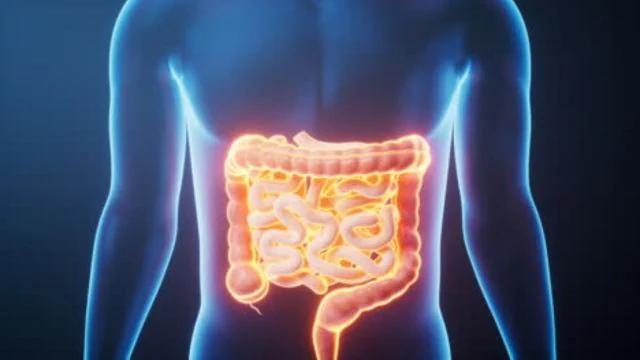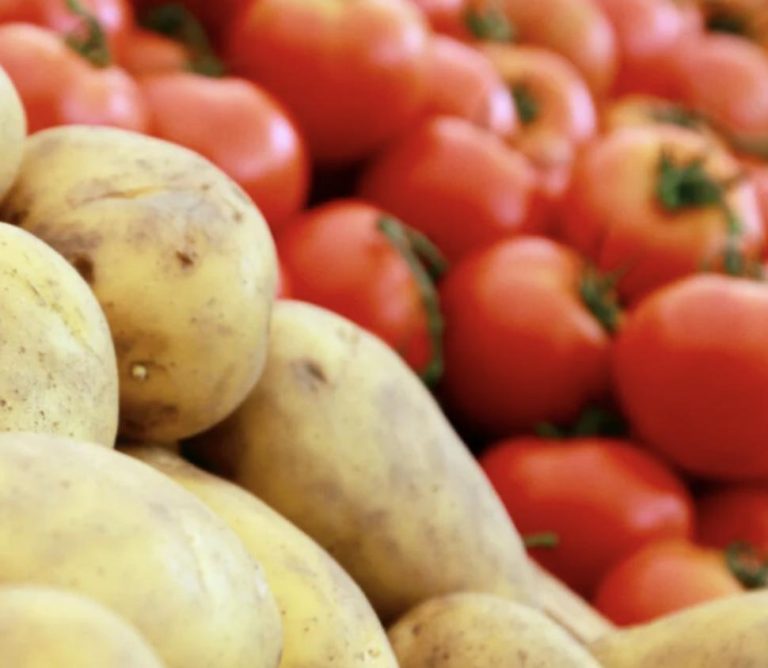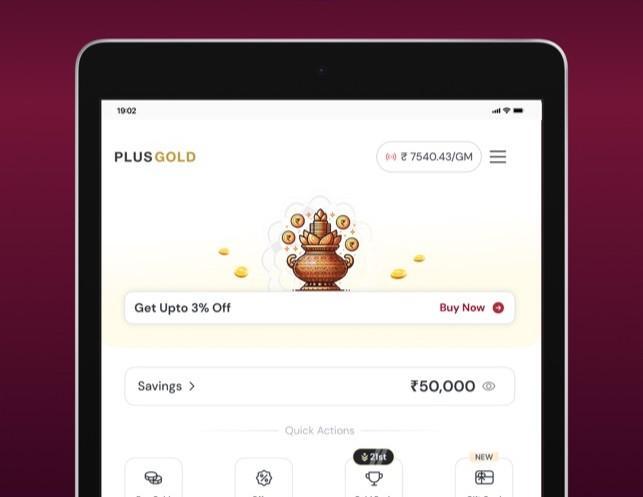
Sugar Addiction is Similar to Drug Addiction: Study
In recent years, the importance of a balanced diet has become increasingly clear. With the rise of processed foods and sugary drinks, it’s easy to fall into the trap of consuming high amounts of sugar without realizing the potential harm it can cause to our health. A recent study published in the Brain and Behavior journal has shed new light on the effects of sugar consumption, revealing that it can trigger the brain’s reward centers in a way that’s eerily similar to drug addiction.
According to the study, high intake of sugar activates the brain’s reward system, releasing feel-good neurotransmitters like dopamine and endorphins. This creates a sense of pleasure and satisfaction, which can lead to a vicious cycle of craving and consumption. In fact, the study found that consuming high amounts of sugar over a long period of time can increase sugar cravings, withdrawal symptoms, mood swings, and even psychological dependence on sugar.
This phenomenon is not dissimilar from drug addiction. When we consume drugs, our brains release dopamine, which reinforces the behavior and makes us more likely to seek out the substance again. Similarly, when we consume high amounts of sugar, our brains release dopamine, creating a feeling of pleasure and satisfaction that can lead to addiction.
The study, which was conducted by researchers at the University of California, Los Angeles (UCLA), found that sugar addiction can affect anyone, regardless of age, weight, or health status. In fact, the researchers discovered that sugar addiction can be just as severe as drug addiction, with withdrawal symptoms ranging from headaches and fatigue to anxiety and depression.
So, how do we know when we’ve crossed the line from occasional indulgence to sugar addiction? According to the study, some common signs of sugar addiction include:
- Consuming high amounts of sugar on a daily basis
- Feeling withdrawal symptoms, such as headaches or fatigue, when you cut back on sugar
- Experiencing mood swings or anxiety when you’re unable to consume sugar
- Feeling like you’re unable to control your sugar intake
- Needing more and more sugar to feel the same level of pleasure
If you’re concerned about your sugar intake, there are steps you can take to reduce your consumption and overcome sugar addiction. Here are a few tips:
- Gradually reduce your sugar intake: Don’t try to quit cold turkey – instead, gradually reduce your sugar intake over a period of weeks or months.
- Choose natural sources of sugar: Instead of reaching for processed foods and sugary drinks, choose natural sources of sugar like fruits and vegetables.
- Find healthy alternatives: If you’re used to reaching for sugary snacks or treats, find healthy alternatives like nuts, seeds, or dark chocolate.
- Get enough sleep: Lack of sleep can increase cravings for sugary foods and drinks, so make sure you’re getting enough restful sleep each night.
In conclusion, sugar addiction is a real phenomenon that can have serious consequences for our health. By understanding the mechanisms of sugar addiction and taking steps to reduce our consumption, we can break free from the cycle of craving and consumption and develop healthier habits. So, the next time you reach for that sugary snack or drink, remember – you’re not just indulging in a tasty treat, you’re also activating the brain’s reward centers and paving the way for addiction.
Source: https://onlinelibrary.wiley.com/doi/10.1002/brb3.70338






